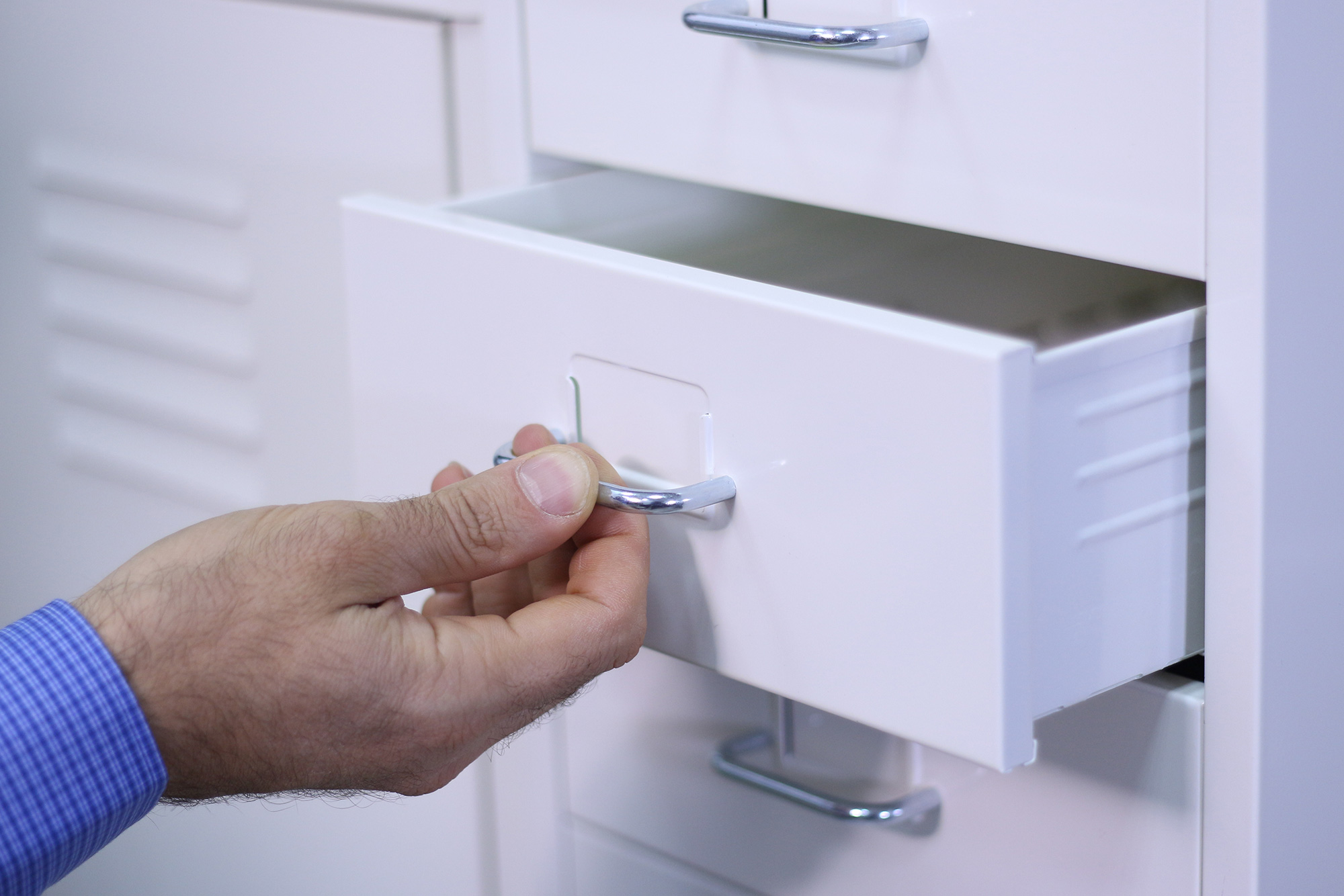Avoiding emotions is often an unhealthy — or at least unhelpful — reaction, but not always. Compartmentalization is one type of avoidance. And at times, it can be a crucial strength, rather than a weakness.
Compartmentalizing, or putting aside conscious thought about a situation or emotion to avoid engaging with it, can be useful for those in the military, medical professionals and first responders who find themselves in highly stressful situations. For example, if a firefighter fully embraced their fear while inside a burning building, they might run away from the fire rather than endeavor to put it out. A surgeon focused on the fear and emotions that could be triggered by cutting into another human being might make a critical mistake. A soldier overcome by the grief of losing friends during a battle may run away or freeze up, and the result could be that they — or more of their fellow soldiers — could be put in greater danger.
While these may be more extreme examples, they demonstrate how compartmentalization at times can be an essential survival skill. However, its overuse as a coping mechanism can block relational communication and bonding. Especially with those we love the most, the free exchange of emotional signals is crucial. And you have to be able to feel your own feelings to read emotions in others and send attuned signals of empathy back and forth.
When you temporarily block emotions by compartmentalizing, you can also cripple your ability to communicate. As we’ve seen, this strategy may be valuable in some circumstances, but it can be an emotional handicap for those who over-rely on it.
There are many ways you can get locked into compartmentalizing. Just one example is having unresponsive or shaming parents or caregivers. If a child has their needs for emotional responsiveness repeatedly ignored or punished by parents or a primary caregiver, the child may eventually stop sharing their feelings. The message they get is, “Your emotions are unimportant or unacceptable.”
Fortunately, we don’t have to be locked into unproductive patterns. The plasticity of our brain allows us to learn new styles of attachment and emotional sharing. Compartmentalizing can be a useful career and survival skill. But if it’s your “only gear,” then it’s probably creating unhappiness or injury in other areas of your life. The key is emotional flexibility, learning to move back and forth between compartmentalization and fully experiencing emotion and vulnerability appropriate to the situation. Everyone is capable of learning that emotional flexibility.
Emotionally Focused Couple Therapy (EFT) is an evidence- and attachment-based therapy that improves relationships and emotional flexibility. Contact me at 407-579-2070 to discuss whether EFT might be right for you.
